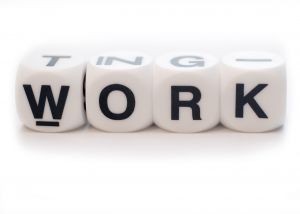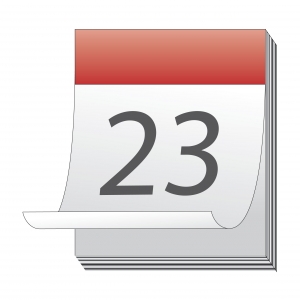Hunter v. Social Security Administration, Commissioner, a case from the United States Court of Appeals for the Eleventh Circuit, involves a claimant who filed two applications for disability benefits with the United States Social Security Admiration (SSA). Two different administration law judges (ALJs) held hearings on the respective applications.
 Claimant filed her first application in February 2012. The judge found she was not disabled during the period of disability. At this point she filed an appeal with the district court so that could review ALJ’s denial of her first application. During the pendency of this appeal, she filed another claim for disability benefits with SSA. While it may seem odd that she would file a second claim while her appeal was still pending, it is important to understand how desperate a disabled person is for Social Security Disability Insurance (SSDI) benefits in order to pay bills and make ends meet. Continue reading
Claimant filed her first application in February 2012. The judge found she was not disabled during the period of disability. At this point she filed an appeal with the district court so that could review ALJ’s denial of her first application. During the pendency of this appeal, she filed another claim for disability benefits with SSA. While it may seem odd that she would file a second claim while her appeal was still pending, it is important to understand how desperate a disabled person is for Social Security Disability Insurance (SSDI) benefits in order to pay bills and make ends meet. Continue reading
 Massachusetts Social Security Disability Lawyers Blog
Massachusetts Social Security Disability Lawyers Blog







